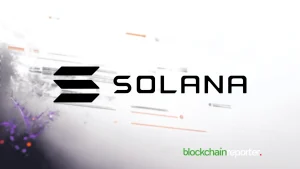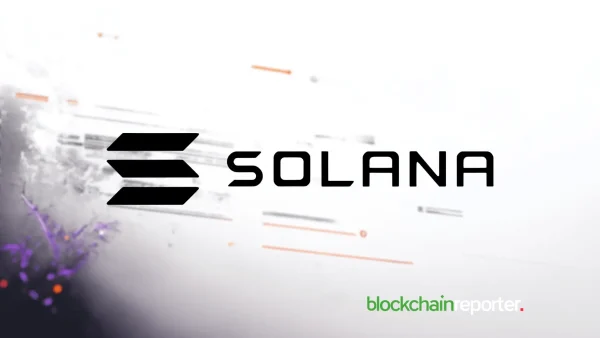
Cybervein Network, a distributed ledger system platform is set to offer researchers and scholars a secure data storage solution, which helps them store and direct the course and flow of their research work.
Information is unarguably the most expensive thing in the 21st century, and one of the pieces of information that need adequate protection is academic research and scholastic works. Scholars should be able to direct the course of information, people that have access to it, people who share it and other privileges.
A Secure Data Storage System
In a recent statement, distributed ledger system platform, Cybervein Network, stressed that it is willing to provide a data storage solution to researchers and academic scholars. The information will be stored in a distributed ledger, and made private, leaving the researchers to decide the kind of privileges they want to offer to any interested party.
The firm continued that the network is not so rigid, as different modifications can be made to the accessibility of the data. The data can be made public if it’s the wish of the researcher. Moreover, modification of data is made public, and anyone and everyone can see who and when a document is last edited.
Cybervein continued further that, it is aware of the different questions that always begs for answers, questions that bother on the ease of use of the network, and what the researchers tend to gain, regarding incentives for using the network.
User Incentives
The statement by the network said that researchers who are trying to reproduce studies would have lesser problems, as the network, through its effective collaboration will make raw data available to the researcher, making their research less strenuous and effective.
The available information is not open to only a sector, but virtually any discipline of academic research. Cybervein token (CVT) is also made available to purchase data that will contribute in a great way in the course of their research. This they say is a more cost-effective method as it is getting harder to secure academic grant these days.
The firm explained further that the new idea could usher in what it termed as information boom, as it will be more easy to reproduce academic work, helps in the corroboration of results, as well as changing the way results are being exchanged and tested.
About data storage, the firm said it could not be manipulated by anybody that is not authorized, and only relevant authorities can gain access to the information. It is also driving towards turning academic work and research into a worldwide collaborative effort.






